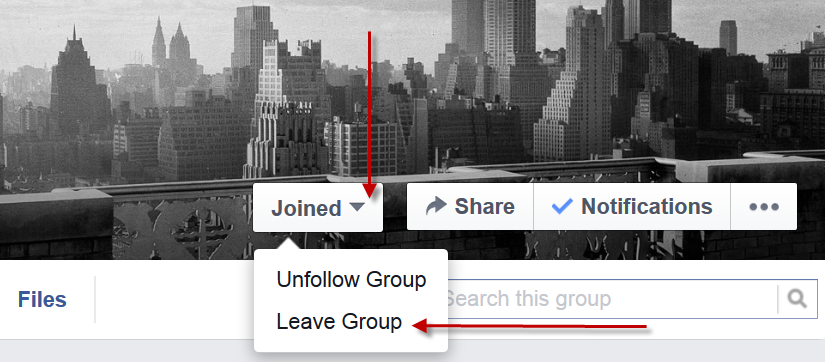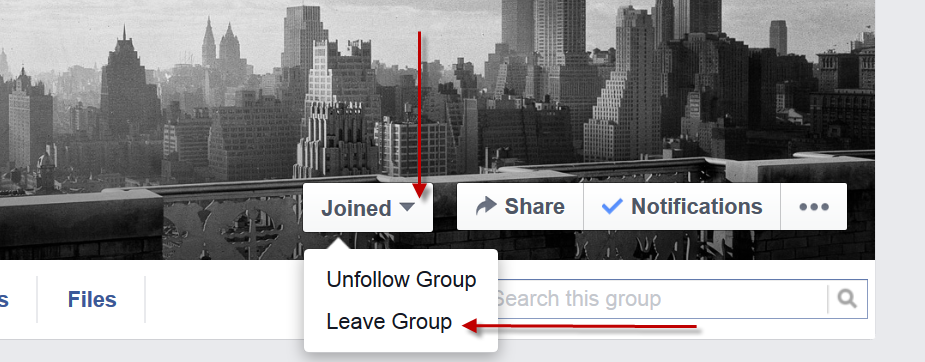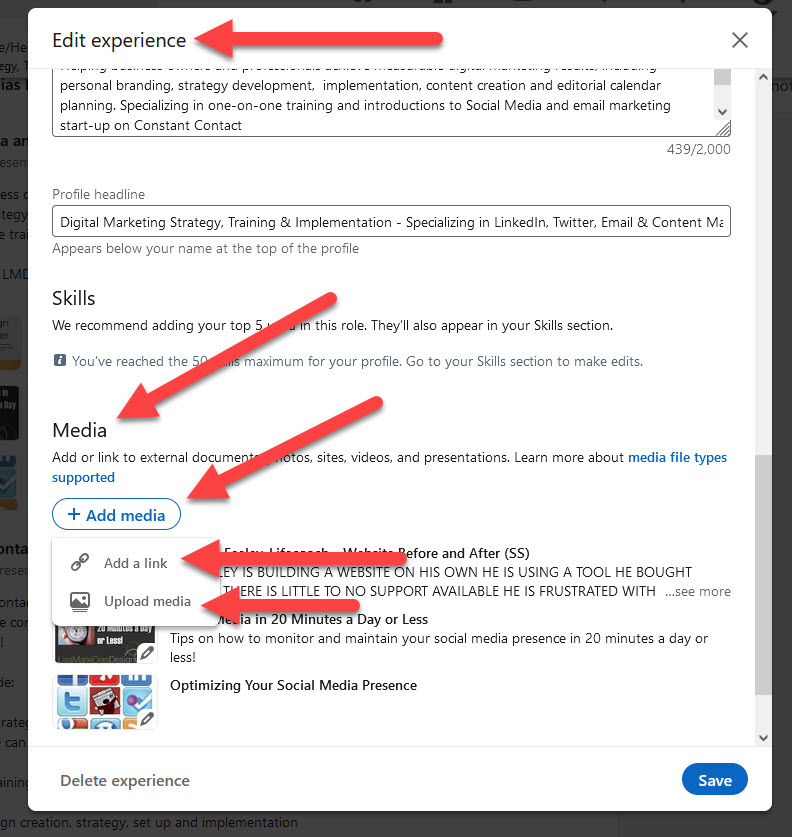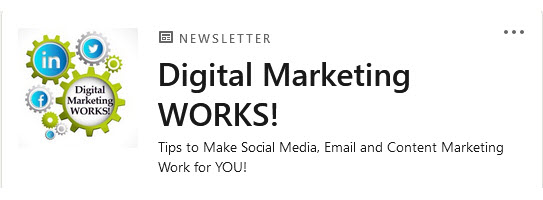
This past Saturday morning, I was notified that I had been ‘tagged’ in a Facebook post. It seems that I was now part of a GROUP that was set up like a virtual hostess party, to sell beauty products. Since I am both active on Facebook and a digital marketing consultant, I am well aware of this tactic though I must admit I am not a fan of it. I also rarely promote it as a tactic as it can cause problems and animosity among real friends when Facebook friends are uncomfortable being publicly added to groups or forums they may not want to be a part of. For example, even if they DO love cats, they may not appreciate being made a member of your “We Love Cats” group. Or more controversially, a “Trump for Pres” group! Here is a short Facebook Group Case Study, looking at what happened, what worked, what didn’t work and what YOU can do when using Facebook to market YOUR business.
This group was innocent enough and the person who had included me in the group was a personal friend, so I did check out the products. They were not something I would use myself but I saw one that would make a nice present for my daughter. I thought it would be a nice surprise so I ordered it, hoping it would arrive in time to give it to her before she left for school. Within moments of making the purchase, I was tagged again, in a public post, announcing that I had bought this product. So much for SURPRISING my daughter! She, and the whole Facebook world. now knew that I had made the purchase. This was NOT an automatic post that I had generated or approved, but an action taken by the salesperson to get the third party credibility among my friends, who would see the post.
And yes, in concept, this can be a useful sales tactic. It allows the salesperson to effectively infiltrate MY Facebook community with a post that let’s them know that I endorse this product. Needless to say, I do not agree with this approach. I DO love the pop-up plug-ins that allow people to socially announce their purchases after they have made one – those are an EXCELLENT tool, as they give control to the purchaser (to choose whether or not to share this info publicly) and usually allow for direct links to the products so people can easily buy the product for themselves. But yes, you are then relying on the purchaser to post this for you, which of course, is not necessarily guaranteed. As someone who buys a LOT of gifts online, I rarely use that ‘share’ feature so I know that it is not nearly as reliable as when the salesperson shares it.
When using groups as a marketing tactic, you need to decide how aggressive you want to be. Will you invite ALL of your Facebook friends, whether they like it or not? Will you select only those who may actually be interested? Some marketers will insist, ‘you never know, they may WANT to be a part of this group’. But, I recommend thinking about it – do you really want to add your redneck cousin who has been quite vocal about his opinions about the Clintons to your ‘Hillary 2016′ group? Real friends don’t abuse real friends just because they are also Facebook friends.
As a Facebook Group manager, you get to decide if you will ‘announce’ each member with a tag, effectively broadcasting that they are a member of a group that they may NOT have actually opted into. And be careful who you give access to your group as anyone who is in the group can then tag others in the group as well. This is how non-friends of yours all of a sudden can tag you even if you have your privacy settings set in such a way that only friends should be able to tag you. And keep this in mind when you see posts tagging friends. Know that they may NOT have willingly joined the group or that they may not have authorized the use of their name with the purchase. Click here for more on Facebook tagging https://www.facebook.com/help/226296694047060?sr=1&query=who%20can%20tag%20me%3F&sid=2MDEIcIVmGzBavPSN
Here are some guidelines on how Facebook Groups work and how to use them without losing real friends and customers.
If you are CREATING a Group, be cognizant of who you are inviting. You CAN add anyone you are ‘friends’ with, but be cautious. This is one of the reasons that Facebook does not allow people to do business from their Personal accounts – personal accounts have way more freedoms and access to other personal accounts. Click here for Facebook’s terms of service – https://www.facebook.com/legal/terms.
If you find yourself a member of a Group that you do not want to be a part of, you can always LEAVE the GROUP by going to the group page, clicking on the little down arrow next to the word ‘joined’ and clicking on the ‘Leave Group’ link.
Note that once you have Joined – or have been Joined! – to a group, you will receive notifications for EVERY POST in that group. This can quickly become extremely annoying. If you DO want to stay a member but just don’t want to be notified of every post, you can click the ‘Unfollow Group’ option there.
When you leave a Facebook Group, you have the option of checking a box which prevents other members from adding you back to the group. You can check that if you think this may happen again.
As you can see in the screen shot above, you also have the option there to ‘turn off notifications’ instead of totally leaving the group.
Note that members will NOT be notified that you have left the group.
And if there is a particular ‘friend’ who is constantly adding you to their Groups, you can UN-friend the person. People are only allowed to add people who are their Facebook friends, to their Facebook Groups.
As a follow-up to the story above, I did contact the salesperson – who was, please note, NOT the friend who had added me to the group – and she did remove the post. But the damage was done. If my daughter had seen the post, that really was NOT a big deal. The damage was the loss of trust. And that is way more difficult to regain.










